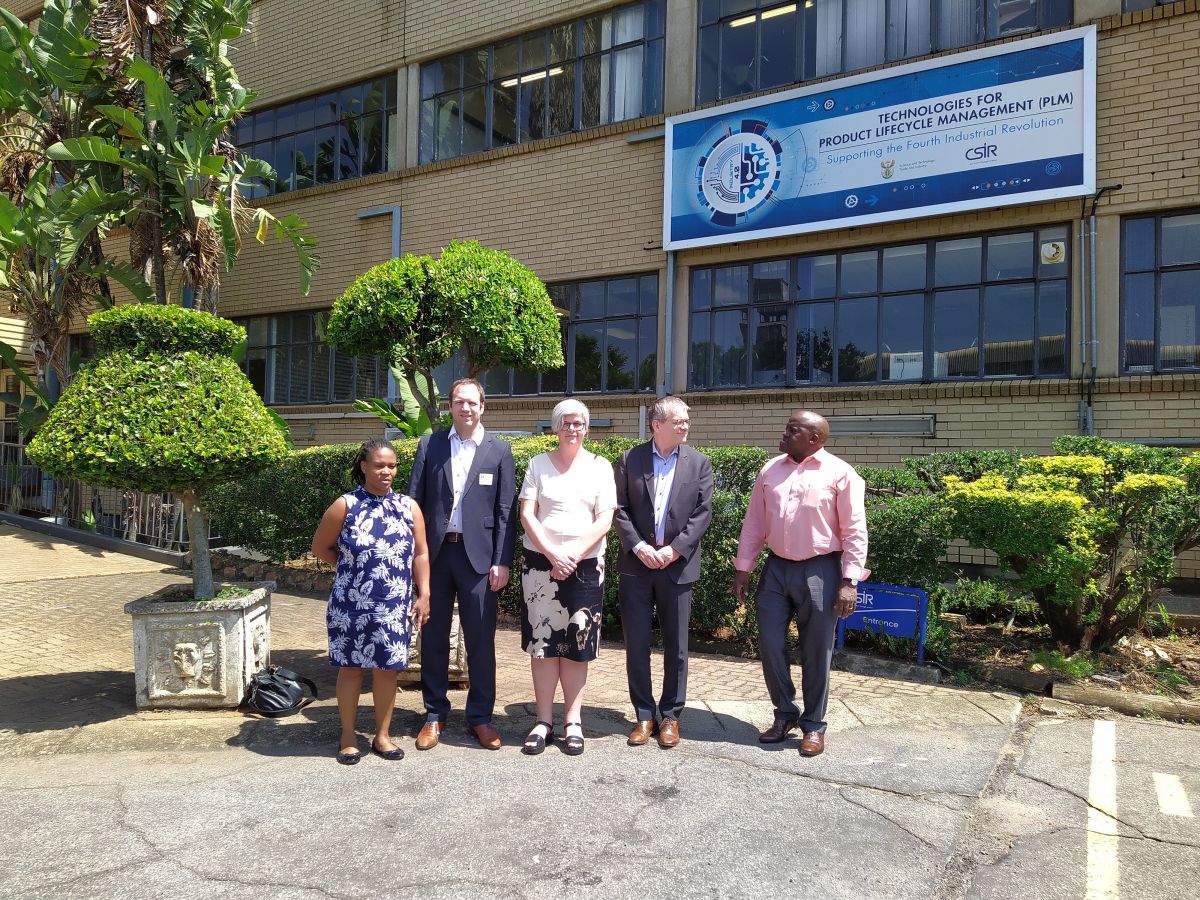From 1 December onwards VITO and its South African counterpart CSIR will roll out a "battery test bed" in South Africa. The project aims to support the introduction and knowledge of electrical storage in South Africa in order to accelerate the transition to renewable energy in South Africa.
In doing so, the test lab will offer South Africa the opportunity to test new battery technologies adapted to local climatic and technical conditions. The combination of electrical storage with increased investment in renewable energy will, on the one hand, lead to a more sustainable and stable energy supply and, on the other hand, can also provide access to electricity for a larger part of the population.
Local and international companies active in the field of energy storage and microgrids will have access to testing facilities. This will speed up their development cycle. The South African government will also have access to the knowledge gained to support the further implementation of energy storage and renewable energy in South Africa.
The project came about in the framework of the World Bank's Energy Storage Partnership (ESP), an important programme to promote energy storage in developing countries. By providing testing infrastructure and capacity building, this project creates a facilitating environment for energy storage, thus increasing renewable energy capacity. Cooperation with the World Bank as a multilateral international financing institution will contribute to the internationalisation of Flemish expertise and technology and create opportunities for Flemish actors and companies.
The project will contribute to the achievement of the Flemish objectives in the field of international climate financing. In addition, the project is in line with the climate focus area within the country strategy paper 2017-2021 for development cooperation between the South African and Flemish Governments. On the other hand, the project is based on intensive cooperation with the South African economic fabric. In this way, the project already takes account of the anticipated transition in the relationship with South Africa from a development to a strong political and economic diplomatic cooperation in the broad sense.

